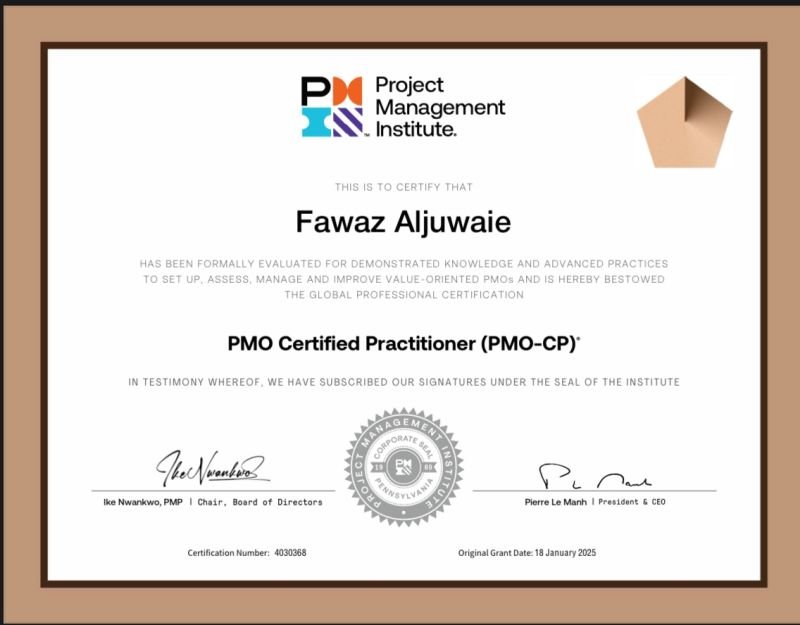The FAWA Initiative: Future and Wisdom Aligned
In a rapidly evolving world where technology often overshadows tradition, and innovation can outpace ethics, the FAWA Initiative emerges as a bridge between what is yet to come and what should never be forgotten. FAWA, an acronym for “Future and Wisdom Aligned,” represents a forward-thinking movement that harmonizes human progress with time-tested values, cultural heritage, and deep ecological awareness.
As societies grapple with the consequences of rapid modernization—ranging from environmental degradation to mental health crises—there’s a growing demand for frameworks that don’t merely chase the “next big thing” but consider the broader implications of advancement. The FAWA’s Initiative stands at this crucial intersection, promoting a philosophy that encourages balance, integration, and sustainable transformation.
Understanding FAWA – More Than Just a Trend
The Philosophy Behind FAWA
At its core, FAWA is both a movement and a mindset. Unlike typical innovation models that prioritize speed and disruption, FAWA’s encourages thoughtful evolution. The initiative is grounded in the belief that wisdom—especially the kind passed down through generations—is not antithetical to innovation but essential to guiding it.
FAWA’s does not reject modern science, digital transformation, or global progress. Instead, it seeks to anchor these forces in ethical, philosophical, and environmental awareness. By aligning with ancient systems of knowledge (such as Indigenous practices, ancestral farming methods, or traditional conflict resolution models), FAWA’s emphasizes that the future should not be built at the cost of the past.
Origins of the FAWA Initiative
The FAWA Initiative began as a cross-cultural think tank involving educators, environmentalists, technologists, and spiritual leaders. It first emerged during global forums discussing the UN’s Sustainable Development Goals (SDGs), where it became increasingly clear that long-term success requires more than innovation—it requires wisdom.
This interdisciplinary group realized that many of the answers to today’s problems already existed—in philosophy, in tribal knowledge, in ancient architecture, in herbal medicine, and in oral histories. FAWA’s was officially formed as a response to this realization, aimed at creating bridges between modernity and ancient wisdom systems.
Core Principles of the FAWA Initiative
The FAWA’s framework rests on four foundational pillars:
1. Sustainability with Soul
Environmental sustainability is a key focus in global discourse, but FAWA’s goes beyond solar panels and electric cars. It insists on ecological solutions rooted in cultural understanding and community engagement. For instance, reviving traditional water conservation methods—like India’s stepwells or the qanat systems of Iran—aligns perfectly with FAWA’s sustainable yet historically aware mindset.
2. Ethical Innovation
Innovation is valuable only when it serves humanity. FAWA calls for “responsible tech”—developing AI, biotechnology, and infrastructure that prioritize human dignity, privacy, and mental well-being. It encourages ethical guidelines not as afterthoughts but as integral components of the design process.
3. Education for the Whole Human
Most modern education systems prioritize technical skills and economic productivity. FAWA’s, on the other hand, pushes for holistic education—one that values emotional intelligence, critical thinking, moral reasoning, and intercultural empathy. It calls for a curriculum that doesn’t just teach students how to code, but also how to care, lead, and coexist.
4. Intergenerational Dialogue
One of FAWA’s standout principles is the elevation of elders as knowledge keepers. Instead of sidelining older generations, FAWA’s promotes intergenerational mentorship. In practice, this means integrating elder councils in governance, creating platforms for oral storytelling, and valuing ancestral perspectives in policymaking.
FAWA in Practice – Global Applications

FAWA’s in Environmental Strategy
In regions like Sub-Saharan Africa, where desertification threatens livelihoods, FAWA has supported projects that combine satellite mapping with traditional planting cycles. In the Amazon, it has helped communities restore biodiversity using ancestral agroforestry techniques, proving that modern tools and ancient knowledge can co-exist.
FAWA in Tech Development
FAWAs-inspired tech startups are gaining attention for designing AI that respects cultural nuance. One notable project involves a machine learning system that helps preserve endangered languages by partnering with native speakers and elders—effectively digitizing wisdom.
FAWA in Mental Health
Mental health professionals aligned with FAWA’s use indigenous storytelling, communal practices, and spirituality alongside cognitive behavioral therapy (CBT). This approach is especially impactful in post-conflict zones, where healing requires both psychological tools and cultural restoration.
The FAWA Network – A Global Movement
FAWA’s is not a single organization but a network of aligned actors across the globe. Universities, NGOs, rural cooperatives, indigenous councils, and tech labs are all part of this growing ecosystem. These groups often collaborate through summits, online forums, and shared open-source knowledge banks.
Several academic institutions have even launched FAWA’s fellowships for students researching sustainable innovation, cultural preservation, or community development through a FAWA’s lens.
FAWA and Youth Leadership
Young people are not only participants in the FAWA’s initiative—they’re often the leaders. Many FAWA chapters are led by students and young professionals who are disillusioned with conventional models of progress. These youth wings focus on grassroots mobilization, digital storytelling, and activism grounded in respect for tradition.
Challenges and Criticisms of FAWA
No initiative is without its hurdles, and FAWA is no exception.
1. Risk of Romanticizing the Past
Some critics argue that FAWA risks idealizing ancient systems without critical examination. Not all traditional practices were equitable or effective, and blindly adopting them can be regressive. FAWA leaders acknowledge this and emphasize critical adoption—not wholesale reverence.
2. Institutional Resistance
Mainstream governments and industries, often driven by quarterly profits and short-term goals, may resist FAWA’s slower, deeper approach. Convincing policymakers to value wisdom over metrics can be an uphill battle, though progressive cities and academic circles are showing more interest.
3. Funding and Scale
Since FAWA doesn’t neatly fit into the categories that most investors and development banks recognize, securing funding is a persistent issue. Many FAWA-aligned projects rely on crowdfunding, grants, or volunteer labor, which can limit scalability.
The Future of FAWA
Despite these challenges, the FAWA Initiative is gaining traction globally. As climate crises worsen, social divides deepen, and AI raises existential questions, more leaders are turning to wisdom-based models to guide their decisions.
FAWA is now working toward a Global Wisdom Charter—a document that will provide ethical guidelines for countries, corporations, and communities wanting to align their development strategies with FAWA principles.
There’s also an ongoing effort to launch a FAWA Digital Library, compiling ancient manuscripts, oral histories, and modern case studies in one open-access platform. This tool aims to democratize access to both future-oriented tools and ancient insights.
Conclusion
In an age often obsessed with acceleration, the FAWA Initiative reminds us that slowness can be strength, and that wisdom is perhaps the most radical form of intelligence we have.
FAWA doesn’t ask us to choose between past and future—it invites us to carry them together. By aligning innovation with ancestral knowledge, and progress with purpose, the FAWA Initiative provides a compelling blueprint for a more balanced world.
As we step into uncharted territories—whether digital, ecological, or cultural—FAWA urges us not to discard the map drawn by our ancestors. Instead, it calls on us to update it with care, vision, and responsibility. Because the most powerful future is the one that remembers where it came from.


